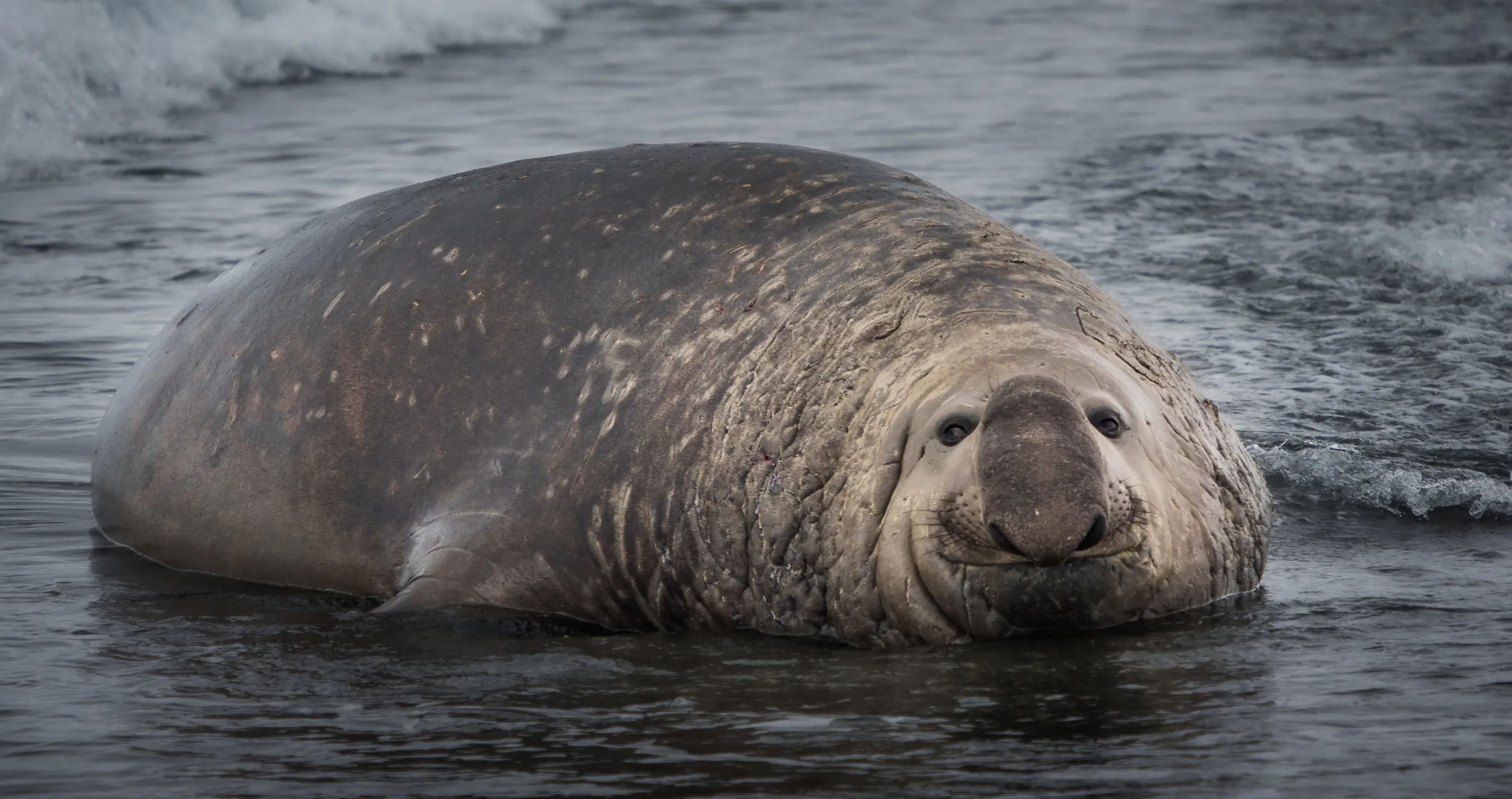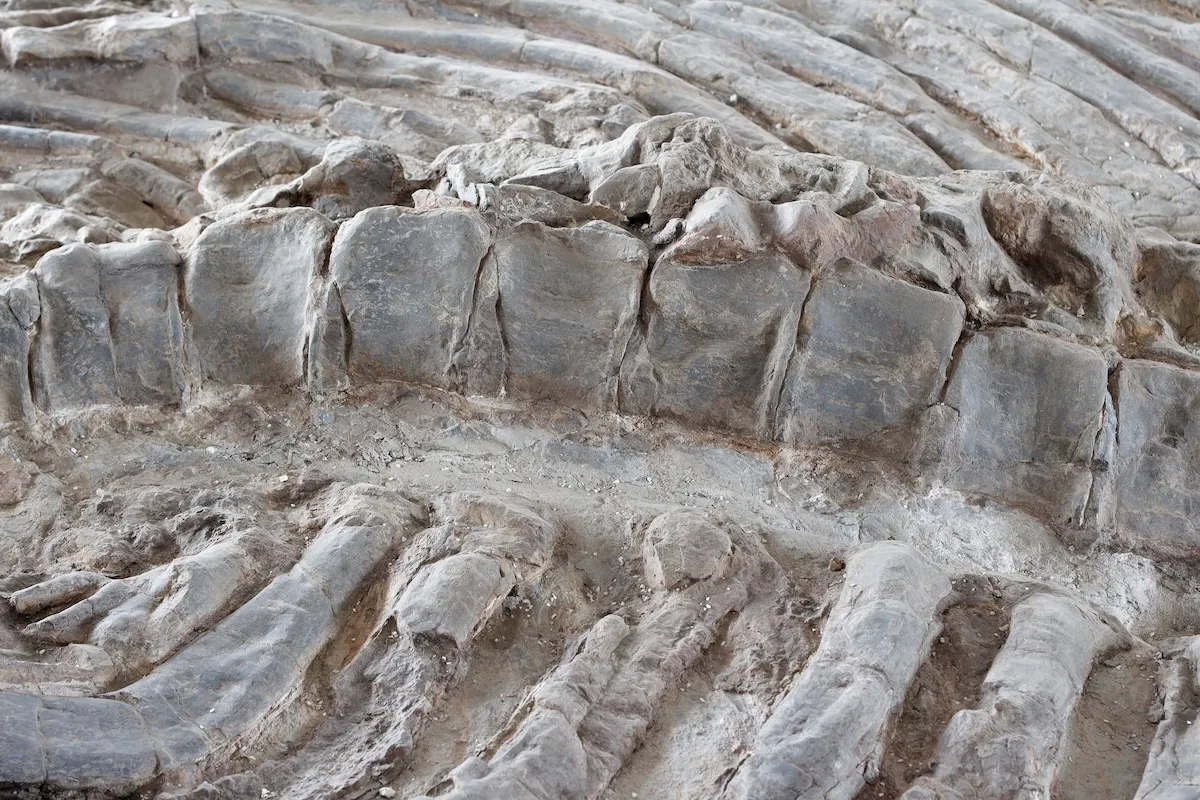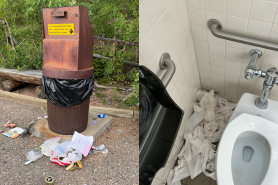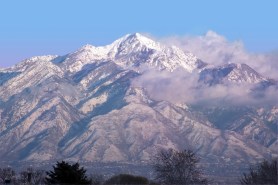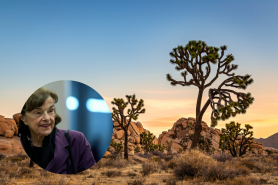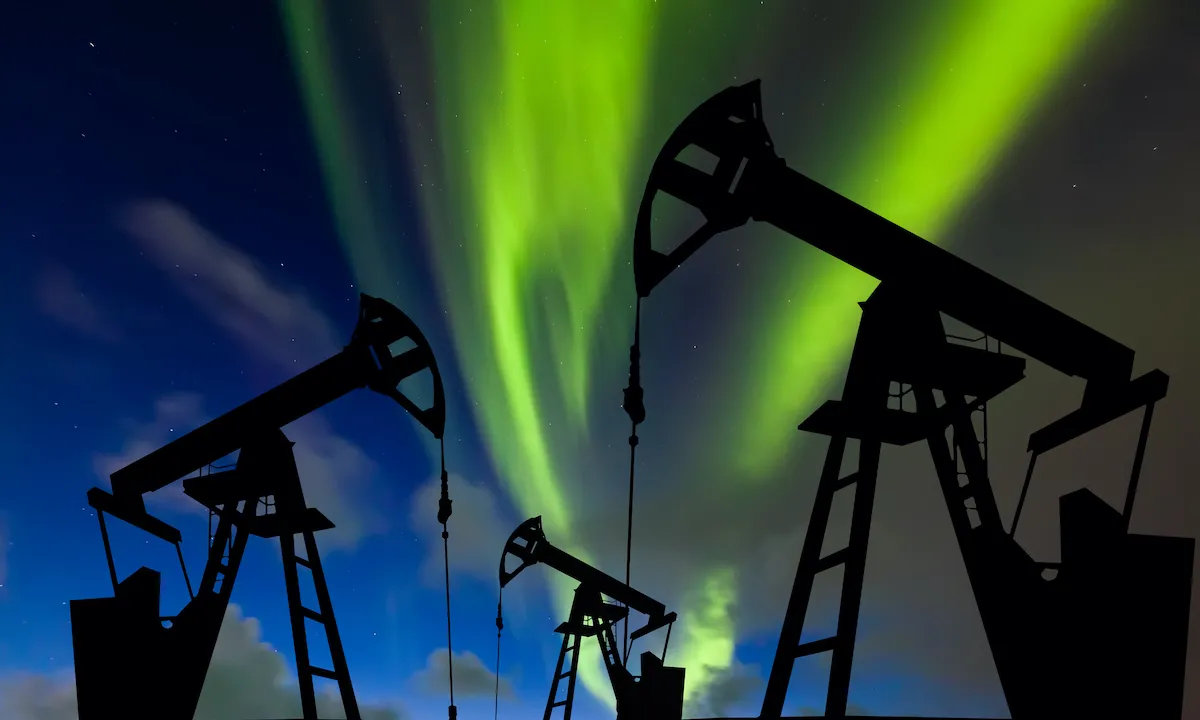

During his 2020 presidential campaign, Joe Biden had a slogan: “No more drilling on federal lands, period.” This week, he reneged on that promise, green-lighting a ConocoPhillips project to clear-cut vegetation, build roads, and install more than 200 oil wells in the Western Arctic.
Videos by Outdoors
So, how did we get here? For many voters, Biden felt like the most environmentally conscious president the nation had ever elected. But according to The Guardian, Biden has now approved more oil and gas leases in the first 25 months of his presidency than Trump did in the first 25 months of his. The new ConocoPhillips project, dubbed the “Willow Project,” is one of the biggest. It promises to yield hundreds of millions of barrels of oil. When burned, this oil will release tons of carbon into the atmosphere, accelerating global heating. This could undo all the progress we’ve made so far.
“The Willow project is predicted to generate enough oil to release 9.2 million metric tons of planet-warming carbon pollution a year,” writes The Wilderness Society in a recent press release. “This is about the same as adding 1.76 million cars to the roads.” The new oil output could also help keep our country dependent on fossil fuels for decades to come, rather than encouraging markets to prioritize renewable energy development now.
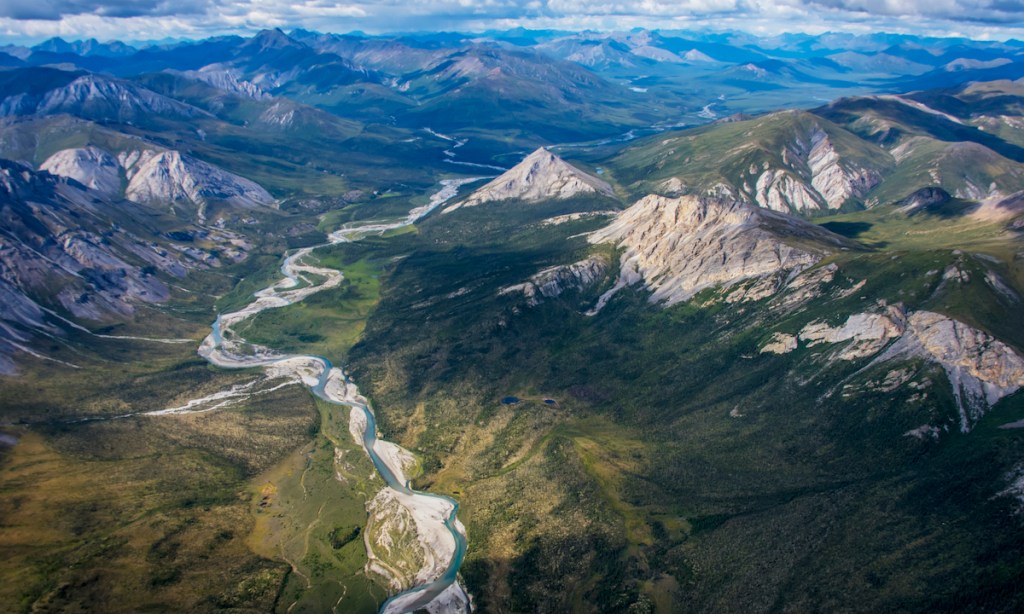
However, the Biden Administration has argued that things have changed since it crafted its “no more drilling” slogan. With the recent war in Ukraine, a global energy crisis looms. And because it will take years before we all have electric cars and solar-heated homes, the U.S. will need a source of fossil fuels in the interim.
Biden did time his approval of the Willow Project to coincide with a few consolation measures, including a ban on drilling in the Arctic Ocean and a decision to protect 13 million acres of wilderness in Northern Alaska. Biden also moved to protect the Tongass National Forest, a critical ecosystem in southeastern Alaska, earlier this year. The fact that Biden is both signing big conservation bills and opening up new oil wells highlights the vast complexity of climate change legislation.
Despite acknowledging the complexity, many environmentalists aren’t pleased with the latest decision. While some say it’s a necessary evil to keep the country running until we finish shifting to renewables, others say it goes too far.
“We cannot let politicians perpetuate the U.S.’ addiction to fossil fuel energy. Lives and the planet are at stake. It’s time to put communities and climate first,” writes The Wilderness Society. “We must keep making noise.”

